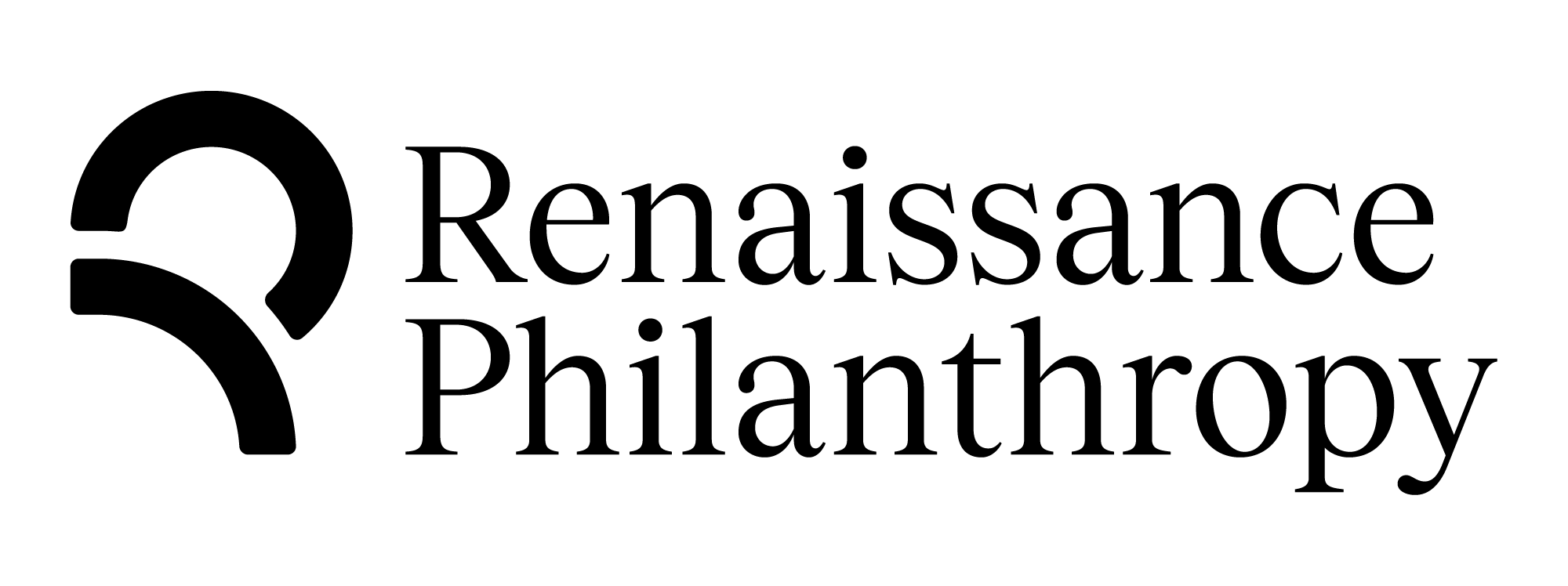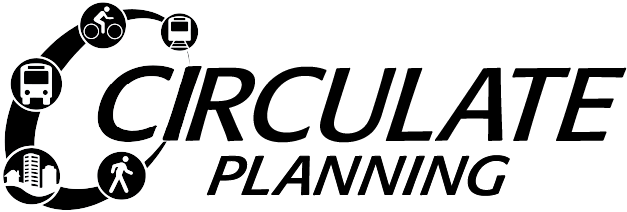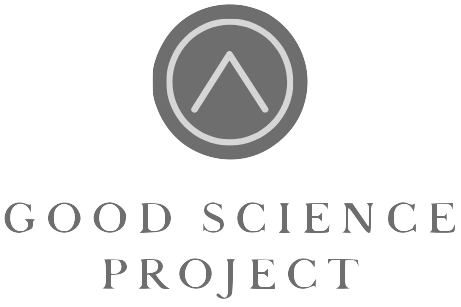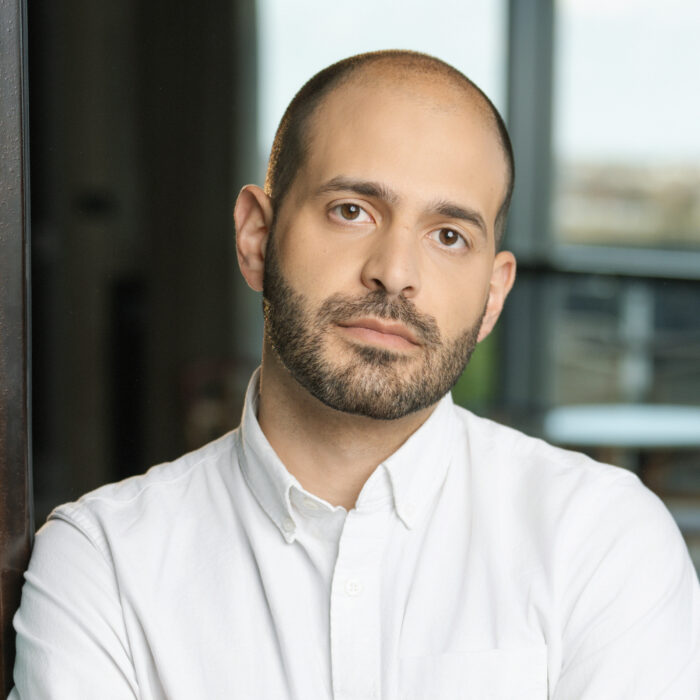
Progress Conference 2026
A four day event to connect people & ideas in the progress movement
Meet great people • Catalyze new projects • Share ideas • Be energized & inspired
In partnership with:


Progress Conference 2026 Overview
October 8–11, in Berkeley, California
LOCATION: We're back for a third year at the beautiful Lighthaven Campus.
FOUR DAYS: The main two-day conference will happen all day Friday and Saturday, similar to 2025. Thursday and Sunday will be optional add-on days, with factory tours, interest group events, and other activities.
SPEAKERS: An initial group of speakers will be announced by April. You can see the 2025 speakers below.
ACCESS: This is again an invitation-only event, with ~400 guests. Save-the-date messages for invited guests are going out by early March. Tickets will be available for purchase by invited guests in April; at that time we'll also have an open application period, during which anyone can apply for a ticket.
Progress Conference 2025
The second annual progress conference was energizing and inspiring.
Over 350 people came together in Berkeley, CA to discuss ideas. Many people again said this was the best conference they ever attended. The annual progress conference is becoming a main event for the progress community.
In partnership with:


Sponsored by:













Media sponsored by:
Sponsors: Thank you for supporting the progress community!
Thank you to our sponsors, without whose support the conference would not have been possible.
You can learn more here about the sponsor and co-hosts organizations of Progress Conference 2025.
Sponsors supported the keynotes, speaker tracks, book signings, media production, and food/fun at the event.
Depending on the sponsorship level, sponsors received access to:
- Branding at the event, from signs to lanyards to book plates
- VIP reception ticket(s)
- Conference ticket(s)
- A room at the venue
Interested in sponsoring the 2026 conference? Email progress-conference@rootsofprogress.org for details or to set up a call with Ben Thomas, RPI's Events Manager.
2025 Testimonials
The 2025 conference speakers
Top thinkers and doers in the progress community
Authors, founders, journalists, technologists, academics, nonprofit leaders
Our speakers all are inspired to create an ambitious, technologically advanced future—yet they may disagree (sometimes vehemently) about how we get there. They come from a wide range of backgrounds, from academics to company founders to investors, from journalists to scientists. They’ll provide thoughtful perspectives about all kinds of ways we can make progress happen—from building the bold future with AI, biotech innovation, and hard tech, to ensuring policy enables builders in housing, longevity, AI, energy, and more.
Keynote Speakers

Sam Altman

Tyler Cowen

Jason Crawford

Kmele Foster

Michael Kratsios

Jennifer Pahlka

Santi Ruiz

Blake Scholl

Dan Wang
More Speakers

Alex Armlovich

Dean Ball

Jay Baxter

Alexander Berger

Sampriti Bhattacharyya

Isabelle Boemeke

Noam Brown

John Burn-Murdoch

Misha Chellam

Seemay Chou

Laura Deming

Jerusalem Demsas

Eli Dourado

Marc Dunkelman

Chris Elmendorf

Tim Fist

Laura Foote

Anastasia Gamick

Eric Gilliam

Misha Glouberman

Dakota Gruener

Ilan Gur

Samuel Hammond

Luke Iseman

Martin Borch Jensen

Tom Kalil

Derek Kaufman

Christian Keil

Bret Kugelmass

Séb Krier

Mekala Krishnan

Francisco LePort

Justin Lopas

Mark Lutter

Charles C. Mann

Anjney Midha

Ramez Naam

Lada Nuzhna

Nico Perrino

Will Poff-Webster

Erin Price-Wright

Ryan Puzycki

Ben Reinhardt

Emmett Shear

Jan Sramek

Alec Stapp

Isaiah Taylor

Ruxandra Teslo

Derek Thompson

Sonja Trauss

Jeff Tsao

Corin Wagen

Caleb Watney
Four tracks went deep on specific topics within the progress movement:
And how to not mess up beneficial AI deployment. AI to accelerate science, how to secure free speech in an AI-enabled world, AI to break through government inertia, and discussions on how fast and in what ways AI will re-shape our world more broadly
Agenda-setting and improving the policy-readiness of ideas, the abundance policy agenda, and pro-progress policy implementation at the city, state, and federal level. Case studies in policy, from the pending lawsuit against the NRC, to freedom cities and how we might apply federal leverage to drive local policy change
Biotech approaches to longevity, discussions about specific bottlenecks in longevity, visions for the FDA in the age of AI, AI's potential for accelerating innovation, fertility and its impact on population growth or decline, healthcare reform focused on prevention rather than treatment, and more broadly, a positive vision for a world where we regularly live to be 100
Innovations in aerospace, defense, supply chain, industrials, manufacturing, and other deep-tech industries. Other topics may be the importance of founders and their impact on policy, how to invest in American Dynamism, and how AI will shape these industries and the jobs of the future
General talks outside of these tracks cover a wide range of topics, such as education and its role in appreciating and being inspired to make progress, the climate and our ability to engineer it to our benefit, and telling stories that inspire progress.
2025 Recordings
Most of the key speaker sessions were recorded by our sponsor Big Think.
Here are a few highlights. Note: Enable cookies if you don't see any videos below. Or view all videos on YouTube.
The attendees
300+ thinkers, builders, policymakers, storytellers, and students
Spend four days hanging out with others in our community and help shape the progress movement into a cultural force.
Whether you identify as a supply-side or abundance progressive, e/acc or EA, whether you come at progress from a classical liberal background or study meta-science, advocate for broad YIMBY or American Dynamism—you are invited to meet each other, share ideas in unconference sessions, and leave energized.
As an event invitee, you’ll join people from a wide range of backgrounds:
- Key academics and public intellectuals in the progress movement
- Leaders of progress-related organizations, from science to policy
- Founders and engineers working on solving the world’s biggest problems and building an ambitious future, from space to nanotech, from AI to deep tech
- Cultural leaders, from science fiction authors to YouTubers to Hollywood producers and script writers
- The Roots of Progress fellows and other up-and-coming progress intellectuals
- Supporters of the progress movement (including the conference sponsors)
Attendance is by invitation only. We want to maintain a high bar on participant relevance & engagement to ensure a great experience for everyone.
If you didn't get invited yet you can ping us via our open application; share as much info as you think we'll need to decide whether to invite you. (The open application window closed on May 15th).

The venue
Back at the inviting Berkeley campus perfect for mingling and engaging in deep conversations
This gathering is all about connecting interesting people so ideas can flow and new projects can be cooked up. Our venue, the Lighthaven campus in Berkeley, was perfect for this last year and so we're glad to be back. It’s a cluster of old homes with a wide range of lounge areas that invite conversation, several living-room and larger areas to hold sessions of up to 100 people, and a garden with many places to sit and chat or walk around. Plenary sessions will happen in the garden auditorium, or be held in a large session space & livestreamed to smaller spaces.
Venue gallery








2025 VIP & Speaker reception
Stripe HQ, Oyster Point
Sponsored by Works in Progress, our invitation-only pre-event reception on Thursday evening for speakers and VIPs was in South San Francisco at Stripe. This venue offered beautiful views of the bay and the city as we mingled over appetizers and explored progress ideas over dinner.

The program
Four days of intellectual exploration, inspiration & interaction
We aim to make this event a highlight of your year.
Attend talks on topics from tech to policy to culture, build relationships with new people as you hang out on cozy sofas or enjoy the sun in the garden, sign up to run an unconference session and find others who share your interests and passions, or pitch your ideas to those who could help make your dreams a reality.
Friday & Saturday
The main event













